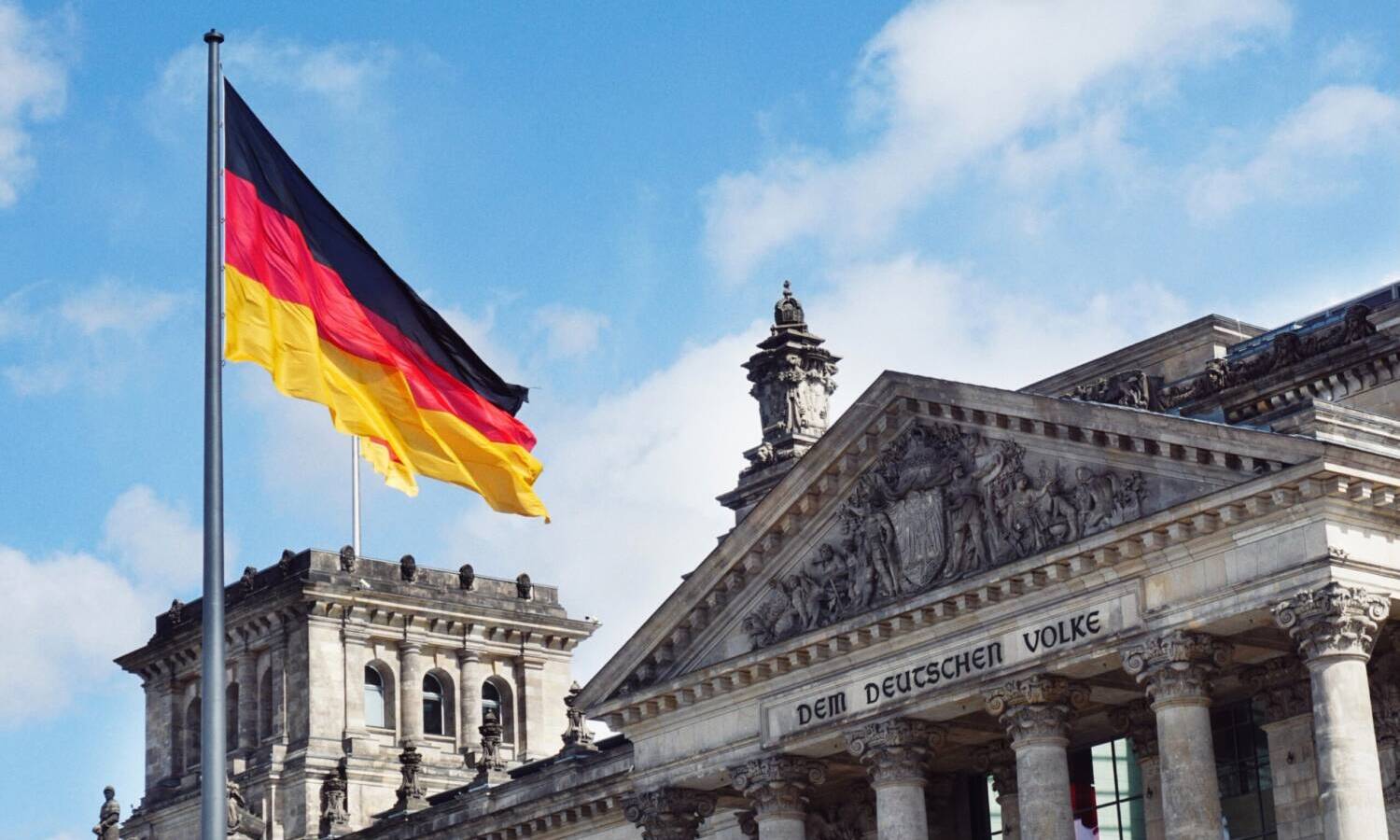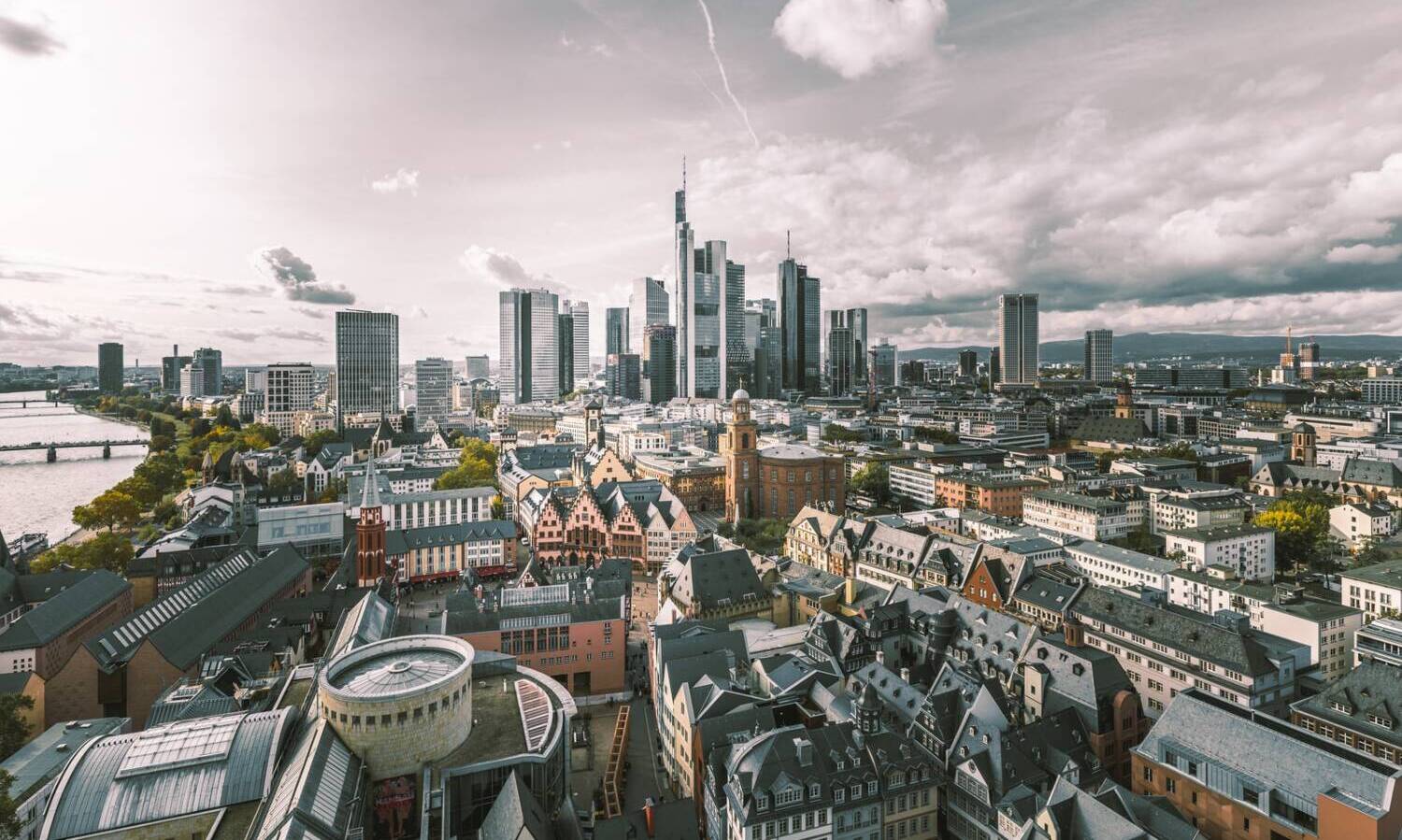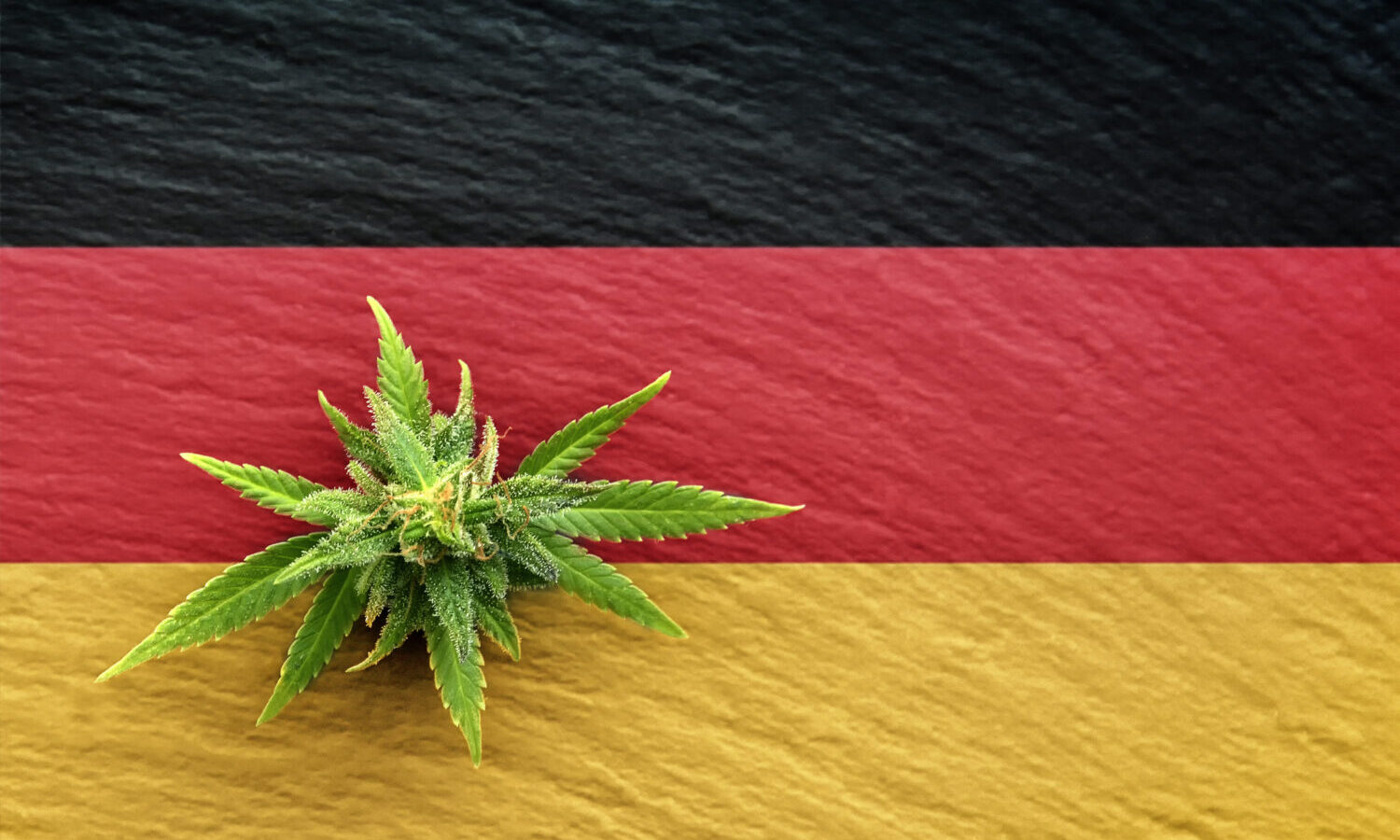With Germany located in the heart of Europe, there is strong potential for tourism growth and expansion to an audience of EU travelers and other international visitors.
By Niklas Kouparanis, CEO and Co-founder, Bloomwell Group
Tourism has become a profitable and ever-growing asset of the licensed cannabis industries within the U.S. and Canada, as well as the Netherlands, despite the country’s lack of formal adult-use cannabis legalization. With Germany on the cusp of legalizing adult-use cannabis amid a profitable medical-only market, businesses, investors and travelers alike are gearing up to embrace new cannabis tourism opportunities on the horizon.
Since 2013, Amsterdam has welcomed residents and tourists to its coffee shops. These social cannabis consumption lounges were even declared “essential businesses” as part of the Dutch lockdowns during the COVID-19 pandemic.
Over in the States, adult-use markets have attracted both in-state and out-of-state cannabis connoisseurs. Forbes recently cited data from a 2022 Harris Poll survey which found that half of Millennial respondents said that access to legal cannabis is a factor in planning a vacation. In addition, 43% said that they’ve specifically chosen a destination with a legalized adult-use market. Colorado, which has legalized adult use since 2020, has noted that dispensary visits are common amongst travelers to the Centennial State.
According to research released from the Colorado Tourism Office, 16% of those who traveled to Colorado in winter and 15% who traveled to the state in summer visited a cannabis dispensary or retail store while they were there. Also, according to the report, visitors who participated in cannabis-related activities were more likely to stay longer in the state versus those who did not partake.

Germany is set to legalize adult-use cannabis by 2024 and will be the world’s largest recreational cannabis market due to the country’s population size. In June 2022, the German government held five hearings to discuss the framework of adult-use cannabis legalization. Representatives from the German government and more than 200 people from medical, legal and business verticals as well as international experts participated in these critical discussions.
Adult-use legalization in Germany will induce a “tourist demand,” particularly from its nine neighboring countries. The criteria of what adult-use legalization will entail, including whether visitors from other European Union (EU) countries and other parts of the world would be able to purchase and use cannabis within the country, has yet to be determined. In addition, the EU’s non-discrimination laws would make it difficult to forbid EU residents from purchasing cannabis even if they are not German citizens. However, if tourists can purchase and use cannabis while visiting Germany, it would open up more opportunities for growth and expansion within the new market.
While the guidelines have yet to be declared, overall cannabis demand in Germany will still inevitably increase. For example, even if tourists do not have permission to purchase cannabis in Germany once adult-use cannabis comes into focus, economists must take into account that they would be able to purchase legal cannabis through local friends and acquaintances. Considering this factor, the total market demand would be increased by a flat-rate tourism demand of 10%, according to renowned economist Justus Haucap. This 10% corresponds roughly to the magnitude of tourism demand in Colorado (source: Leeds School of Business and MPG Consulting, 2020).
RELATED: How Germany Can Enter The Adult-Use Cannabis Market Successfully
According to the 2022 “European Cannabis Market Survey” conducted by Bloomwell Group, more than 66 percent of American cannabis users surveyed said they “would visit a cannabis dispensary or social consumption lounge” in Germany. In addition, 44 percent said that they would travel to Germany specifically for cannabis tourism. Fun fact, nearly 75 percent polled said Pretzels, a Deutschland specialty, are a “satisfying ‘munchies’ food.” There’s a bonus for those who make the trek!

Other countries with adult-use markets have shown that the attractiveness of these industries for tourists also depends on the sales infrastructure. For example, here are a few options that may be considered as part of Germany’s future adult-use cannabis legalization policies:
Dispensaries
Cannabis dispensaries are the norm in adult-use markets like Colorado and California. These are local government-regulated retail storefronts in which people can purchase cannabis flower and other types of cannabis products. Most of these dispensaries have budtenders – a person who can suggest recommendations to customers based on their functional needs and desires – answer questions, handle products and showcase the products that are being sold. Although consumers can purchase cannabis and cannabis products within dispensaries, it is yet to be determined whether German law will allow personal consumption or smoking on site.
Coffee Shops / Social Consumption Lounges
Amsterdam’s social consumption lounges known as “coffee shops” have already gained international interest and popularity among travelers. In the Netherlands, although cannabis production is illegal, there is a “backdoor policy” that allows coffee shops to sell cannabis for personal consumption. Although the sale of cannabis is a criminal offense, individual sales of small amounts of cannabis within these establishments are tolerated by local authorities.
While it has yet to be determined if adult-use cannabis legalization in Germany will include policies for public consumption of cannabis, it would be unlikely these establishments will resemble Dutch coffee shops. Instead, they are more likely to follow the model of social consumption lounges that have started to populate within the U.S.
RELATED: European Countries Led By Germany Have Meeting To Discuss Marijuana Legalization
Similar to a bar that serves alcohol, social consumption lounges allow consumers at least 21 years of age to purchase cannabis flower, edibles and other products and consume them in a social gathering place. Social consumption lounges are gaining popularity in mature adult-use markets like California and Alaska. A total of seven states have policies in place for social consumption lounges, and New Jersey, New York, Pennsylvania and Illinois are forging ahead with their plans to allow for consumption lounges this year. Similar to dispensaries, these consumption lounges often have budtenders that help consumers through the purchase process.

Pharmacies
The current German medical marijuana market operates using pharmacies to distribute cannabis to patients. Through this process, medical cannabis of pharmaceutical quality is distributed to pharmacies on behalf of the German Cannabis Agency. Under the law, it is mandated that a special relationship is maintained between patient and pharmacist who serve as the front-line of patient care, ultimately allowing the free flow of information, education and one-on-one medical patient care.
With adult-use legalization likely to come into fruition for Germany sooner rather than later, the prospect of expanded cannabis and related product distribution, whether in the form of dispensaries, consumption lounges or pharmacies, have resident consumers, business operators and investors salivating and eager to take a bite into the potential of its expanding market. Business owners within the current medical-only market spectate that Germany will likely implement a dispensary model with educated salespersons or budtenders, as well as the potential to also offer e-commerce. However, the government has not yet determined if public and social consumption will be allowed.
With Germany located in the heart of Europe, there is strong potential for tourism growth and expansion to an audience of EU travelers and other international visitors. Making cannabis accessible for both local adult users and tourists alike is key to driving the profitability of a burgeoning market. For this reason, now is the time for German legislators to start mapping out what adult-use cannabis legalization would look like, taking into account the overall foals to protect minors and product security, while determining how best to capitalize on the tourism aspects of the future market.
This article originally appeared on Benzinga and has been reposted with permission.


